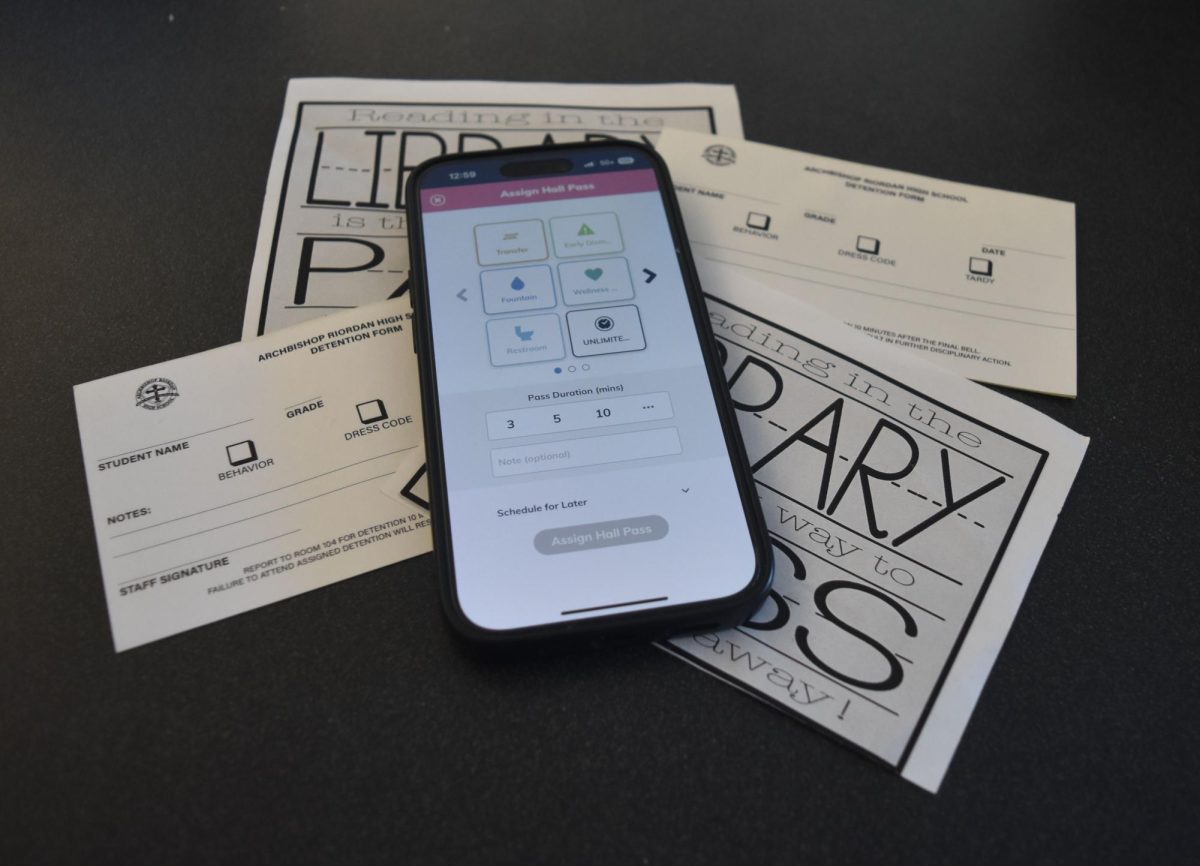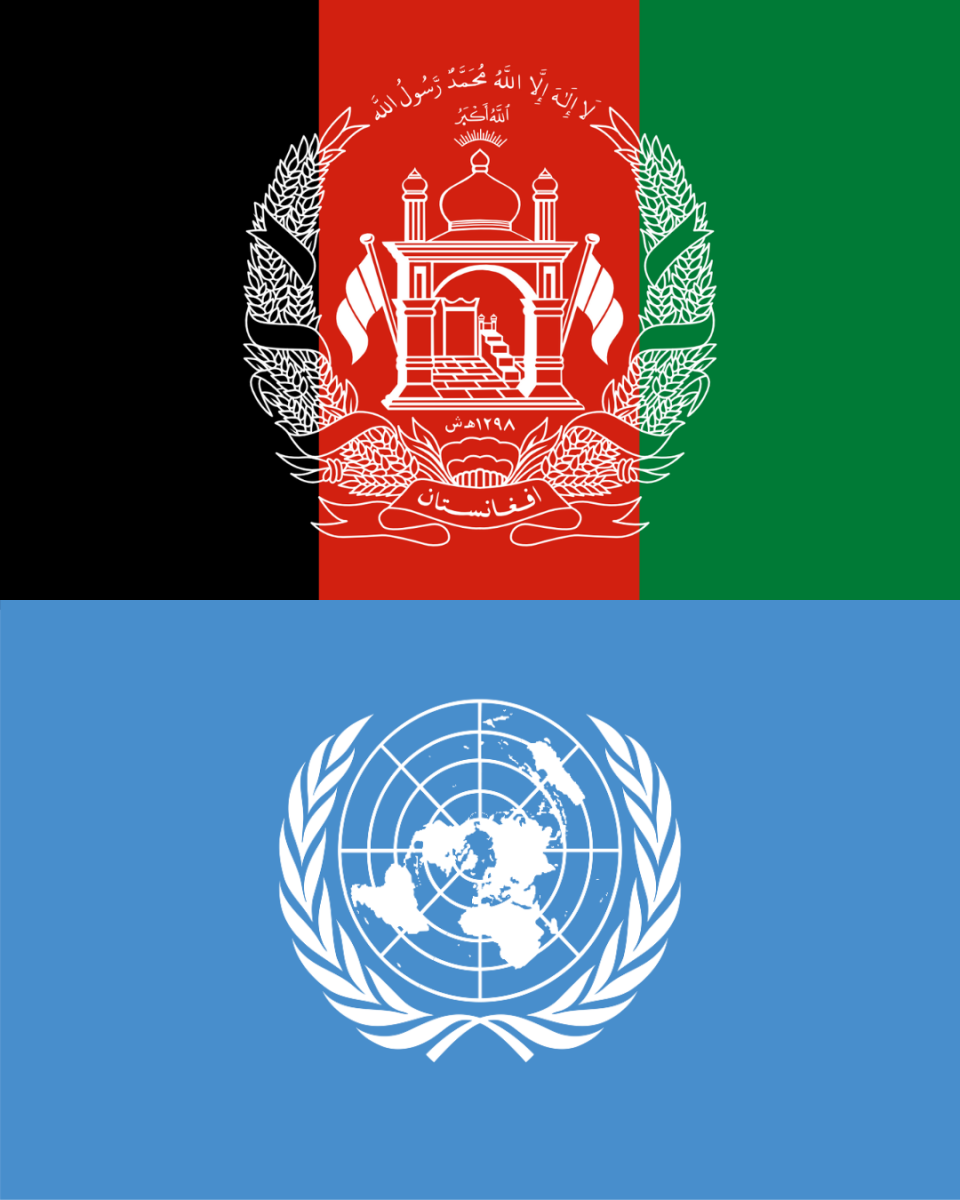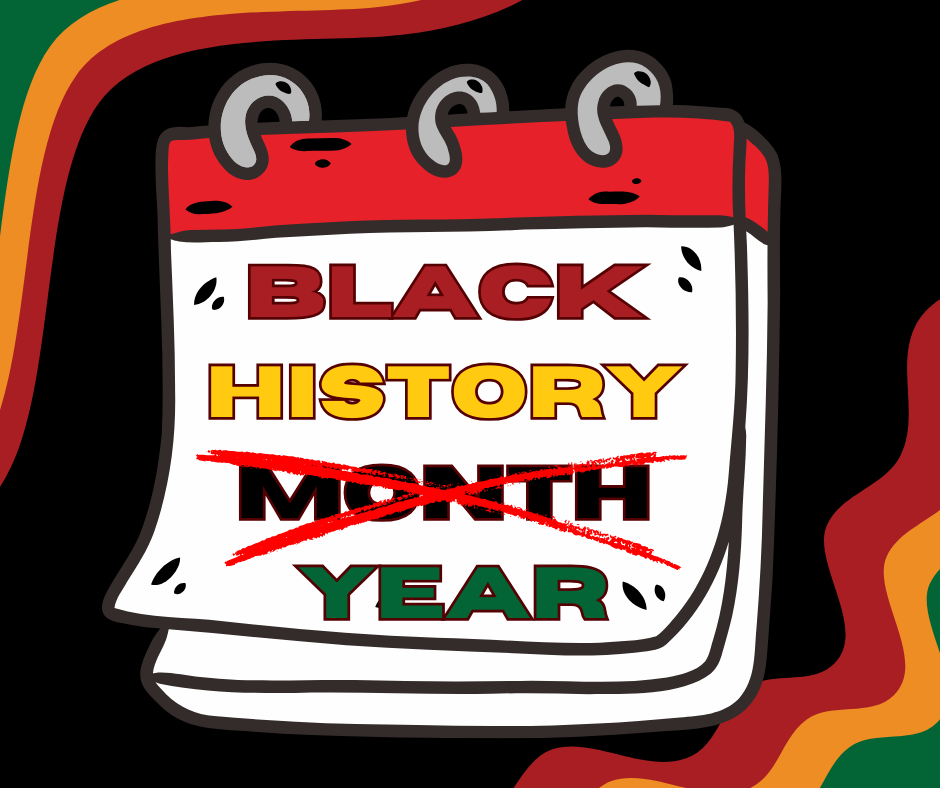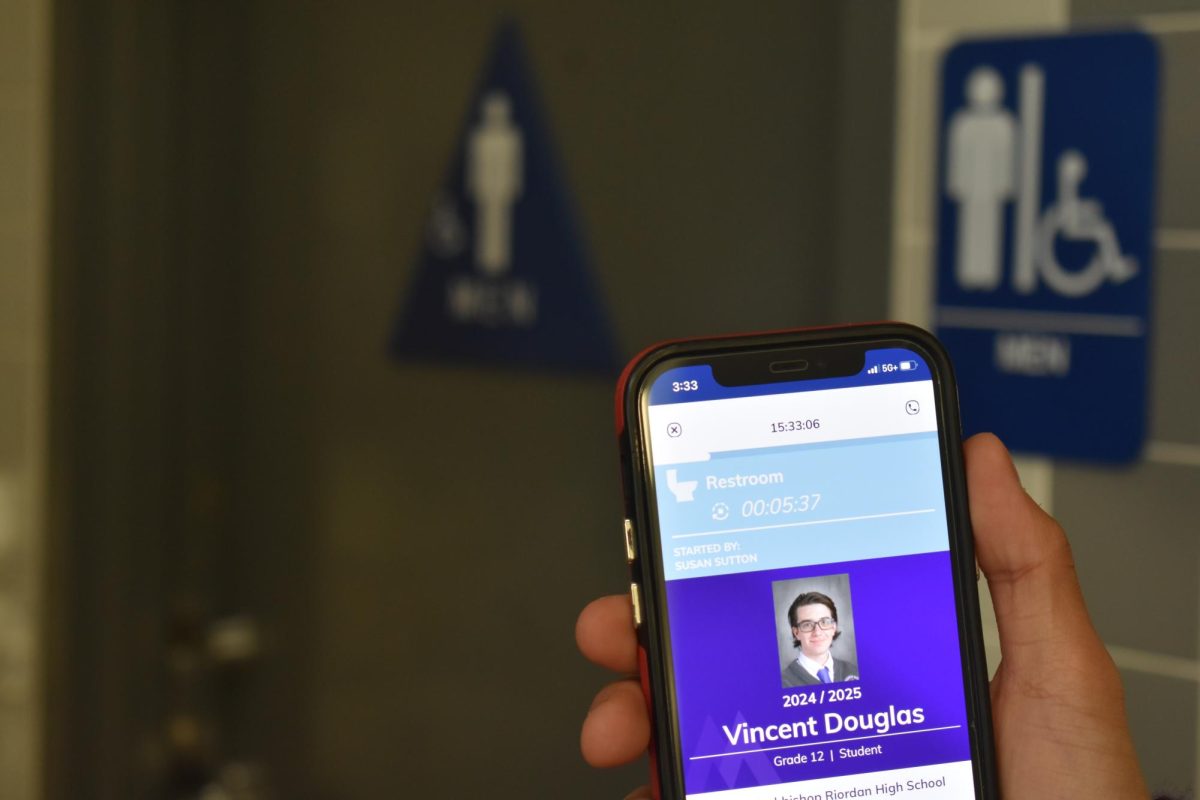The push to integrate technology within our society has seeped across all areas of human life, from the workplace to the household. However, the adoption of technology has not always resulted in significant improvements across society, and often can pose its own new problems – as is the case with Minga.
Minga is an app designed to replace physical classroom administrative tasks, such as assigning hall passes, student IDs, and detention slips. While it has been praised as a revolutionary tool to solve the great problems of education, the reality is much more complicated. Indeed, Minga has been touted as a way to streamline the administrative process of letting students leave classrooms and giving out detentions by creating a hub through which teachers and administration can keep track of business. However, students and teachers alike have grappled with the use of Minga in their daily lives on campus.
Many teachers continue to struggle with utilizing Minga, causing disruptions in class when they assign detentions or assign hall passes, ultimately taking away from valuable time where they could be lecturing or answering student questions.
In addition, Minga requires cellular data in order to load hall passes and detentions, which tends to be spotty on campus, leaving students unable to access it to leave their classes.
Likewise, there is no student pass for counseling, which adversely impacts students who may be undergoing mental health crises in class and need to seek support by preventing them from leaving class unless the teacher or counselor initiates the pass request.
But the biggest issue with Minga has nothing to do with the confusion that it causes – it has to do with the way it perceives students.
Timing students’ out of class excursions does nothing to impart maturity on them; rather, it restricts students’ agency and teaches them that they should rely on a timer rather than their own critical thinking skills to govern what they do with their out of class time.
As a school, we have a responsibility to not merely teach students academic subjects, but also to guide them in their journey towards emotional growth and maturity. Treating students like adults in the workplace with full responsibility would help them gain this maturity and prepare them for less structured environments, especially college. While Minga may be useful from an administrative point of view, we must find a way to wield it in a more effective way – a way that is in line with our mission to prepare students for their future.





